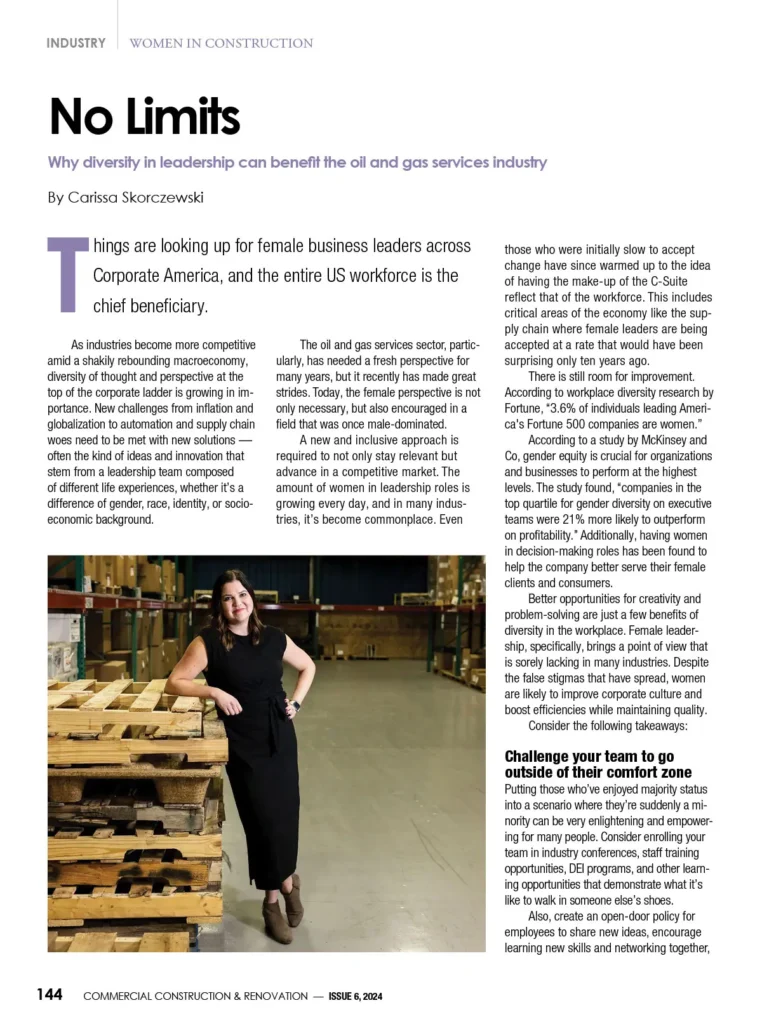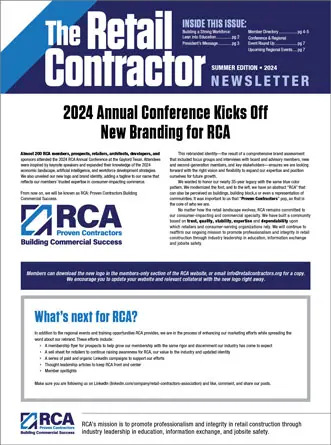In the dynamic world of transportation and logistics, securing an operator’s licence is a critical step for businesses involved in the movement of goods. Whether you’re a seasoned logistics professional or a newcomer to the industry, understanding the nuances of operators licences is essential for compliance and successful operations. This comprehensive guide explores the different types of operator licences, their significance, and the regulatory landscape that governs them.
Understanding Operators Licences
An operator’s licence is a legal requirement for businesses and individuals involved in the transport of goods. Relevant regulatory authorities issue this licence, and it serves as authorization to operate commercial vehicles on public roads. There are different types of operators licences, each catering to specific aspects of the transportation industry. Here are the types of operators licences:
- Goods Vehicle Operator’s Licence (GVOL): The Goods Vehicle Operator’s Licence, commonly known as the GVOL, is a fundamental licence for businesses that carriage goods for hire or reward. It applies to vehicles above a certain weight threshold, and operators must adhere to strict regulations to ensure the safety and compliance of their operations.
- Public Service Vehicle Operator’s Licence (PSVOL): The Public Service Vehicle Operator’s Licence, or PSVOL, is applicable to businesses and individuals operating vehicles designed to carry passengers for hire or reward. This licence is crucial for companies running buses, coaches, and other public service vehicles.
- Restricted Operator’s Licence: A Restricted Operator’s Licence is a variation of the GVOL and is suitable for businesses with limited transport operations. It is granted to operators who transport their own goods during their business and do not carry goods for other parties for hire or reward.
Significance of Operator’s Licences
The acquisition of an operator’s licence is more than just a regulatory requirement; it is a testament to a commitment to safety, compliance, and professionalism in the transport industry. Here are key reasons why obtaining and maintaining an operator’s licence is significant:
- Legal Compliance: Operating commercial vehicles without a valid licence is illegal and can lead to severe penalties, including fines, vehicle impoundment, and even imprisonment. An operator’s licence ensures that businesses comply with the legal framework governing road transport.
- Road Safety: Operator’s licences are closely tied to the safety of road users. By adhering to licence regulations, operators contribute to maintaining road safety standards. This includes regular vehicle inspections, driver training, and compliance with hours-of-service regulations.
- Business Credibility: Possession of a valid operator’s licence enhances the credibility of a transport business. It signals to clients, partners, and regulatory authorities that the business is committed to professionalism, adherence to regulations, and safe transporting goods or passengers.
- Insurance Requirements: Many insurance providers require businesses to hold a valid operator’s licence to qualify for commercial vehicle insurance. Compliance with licensing regulations demonstrates to insurers that the business is committed to safe and responsible operations.
Types of Goods Vehicle Operator’s Licence
Within the Goods Vehicle Operator’s Licence category, further distinctions are based on the scale and scope of operations. Understanding these distinctions is crucial for businesses to apply for the most appropriate licence type:
- Standard National Operator’s Licence: A Standard National Operator’s Licence allows firms to operate vehicles over 3.5 tonnes gross vehicle weight (GVW) throughout the United Kingdom. This licence is suitable for companies engaged in both domestic and international haulage.
- Standard International Operator’s Licence: The Standard International Operator’s Licence is required for businesses involved in international haulage. It permits the operation of vehicles over 3.5 tonnes GVW across the UK and European Union member states.
- Restricted Operator’s Licence: A Restricted Operator’s Licence suits businesses with limited transport operations. It is often granted for companies that transport their own goods and refrain from engaging in haulage for other parties for hire or reward.
Applying for and Maintaining an Operator’s Licence
Obtaining and maintaining an operator’s licence involves a structured process, including the submission of relevant documentation and adherence to regulatory requirements. Here is an overview of the key steps:
- Application Process: Businesses must submit a comprehensive application to the relevant regulatory authority. This includes details about the nature of the transport operations, vehicle information, and evidence of financial standing.
- Financial Standing: Financial standing is a crucial element of the application process. It demonstrates that the business has the financial resources to meet its legal obligations, including vehicle maintenance and driver wages. The financial standing requirement varies based on the type and size of the vehicles operated.
- Vehicle Maintenance and Inspections: Operators are required to demonstrate a commitment to vehicle maintenance and safety. This involves regular inspections, adherence to maintenance schedules, and keeping detailed records of vehicle conditions.
- Driver Training and Compliance: Operators’ licence holders must ensure that their drivers are adequately trained and licensed and comply with hours-of-service regulations. This includes monitoring driver hours, rest breaks, and overall well-being.
- Renewal and Ongoing Compliance: Operator’s licences are typically valid for a set period, after which they need to be renewed. During the licence term, operators must maintain ongoing compliance with regulatory requirements, including vehicle maintenance, driver training, and financial standing.
Exploring Additional Licensing Considerations
In addition to the core types of operator’s licences, businesses may encounter other licensing considerations based on their specific operations. These may include:
- Waste Carrier’s Licence: Businesses involved in the transportation of waste materials may need a Waste Carrier’s Licence. This licence ensures compliance with environmental regulations related to the transportation of waste.
- Special Types Operator’s Licence: Special Types Operator’s Licences are required for businesses operating vehicles designed or adapted to carry indivisible loads. This may include oversized or overweight loads that require special considerations during transportation.
- Community Licence: For businesses engaged in international haulage, a Community Licence may be required. This licence is essential for transporting goods between the UK and European Union member states.
Conclusion: Navigating the Regulatory Roadmap
In the complex landscape of transportation and logistics, acquiring and maintaining an operator’s licence is a foundational step for businesses. Whether it’s the Goods Vehicle Operator’s Licence, Public Service Vehicle Operator’s Licence, or a specialized variant, these licences symbolize a commitment to safety, compliance, and professionalism.
As businesses navigate the regulatory roadmap of the transport industry, the possession of a valid operator’s licence becomes a compass, guiding them toward safe, legal, and successful operations on the roads. With a commitment to compliance and a thorough understanding of licensing requirements, businesses can confidently steer through the transportation landscape’s complexities.







 The 2024 virtual Men’s Round Table will be held Q4, 2024, date TBD.
The 2024 virtual Men’s Round Table will be held Q4, 2024, date TBD.












